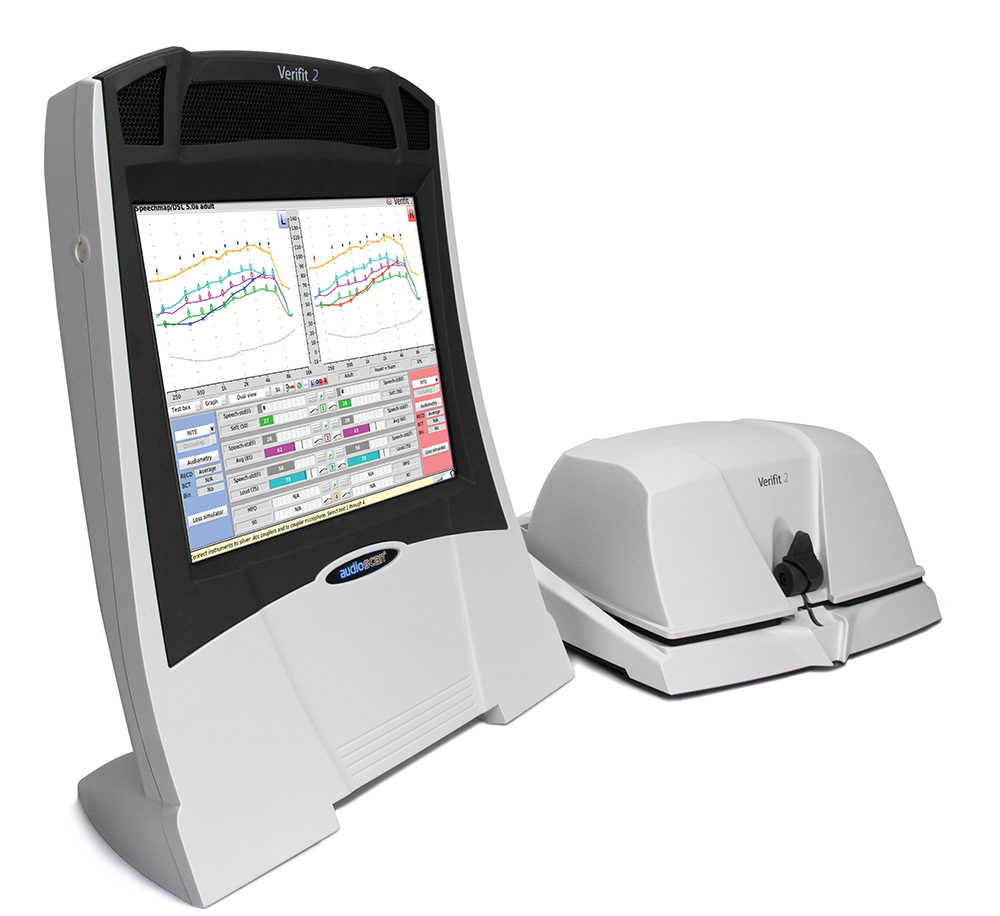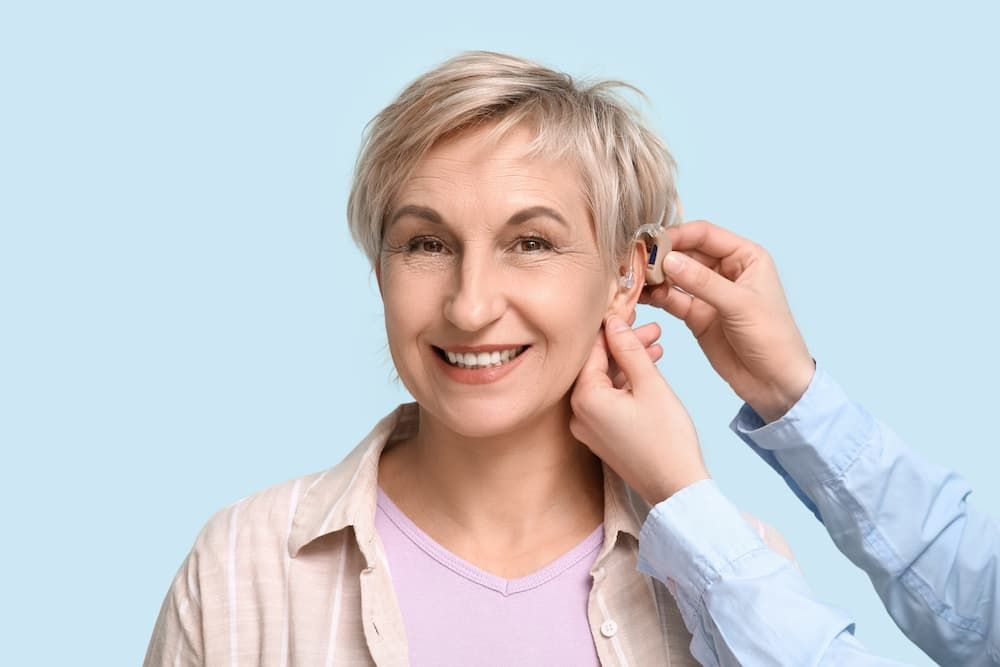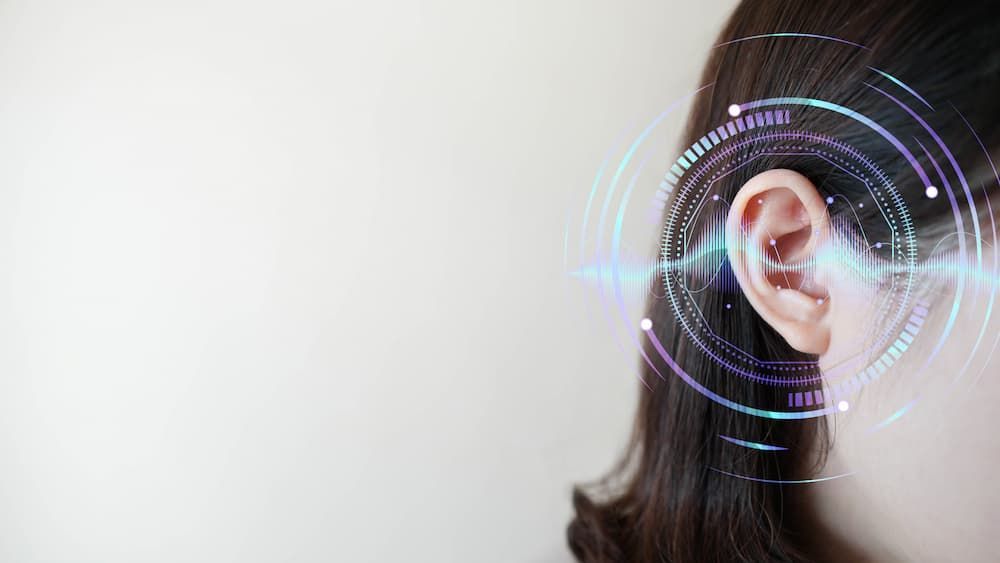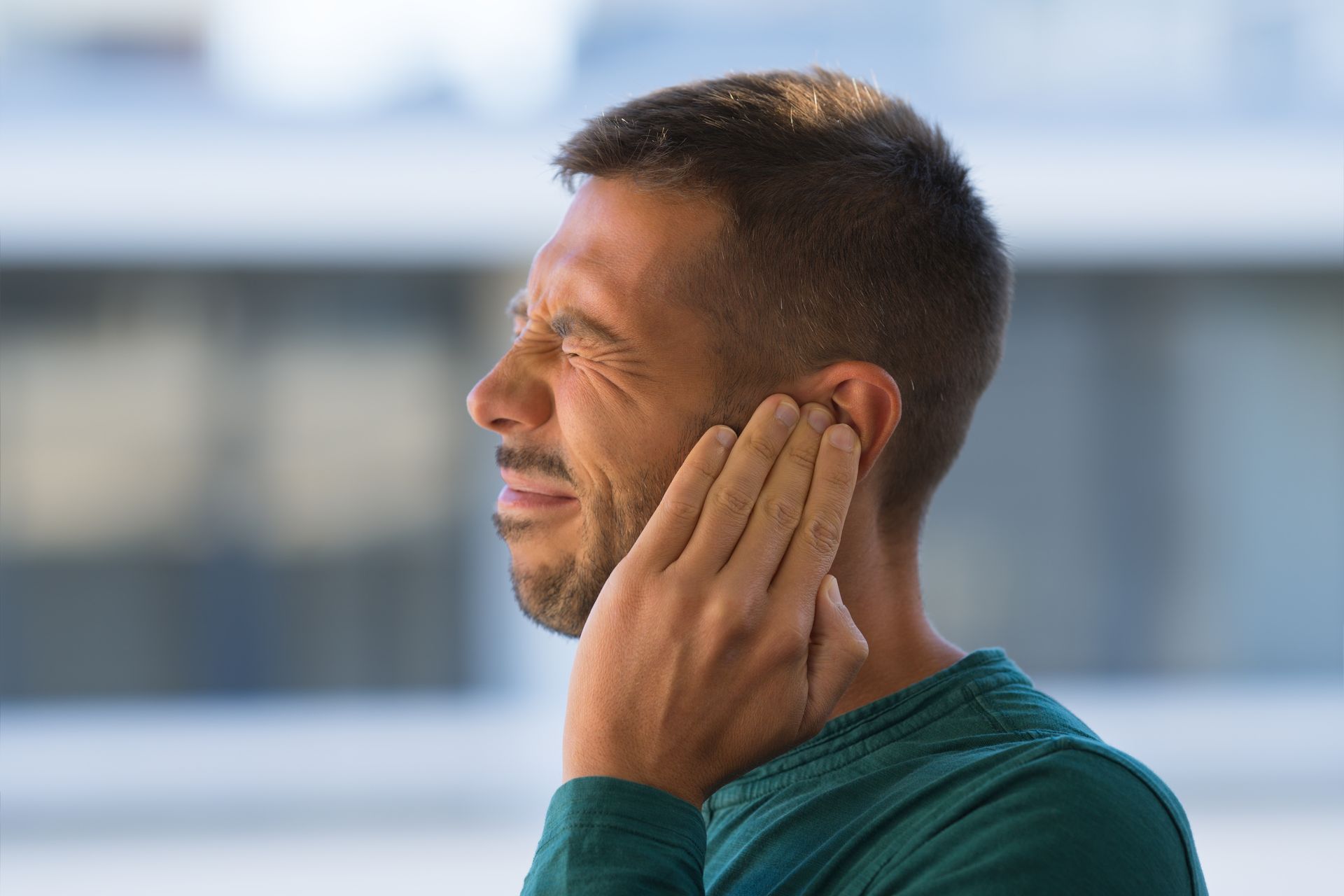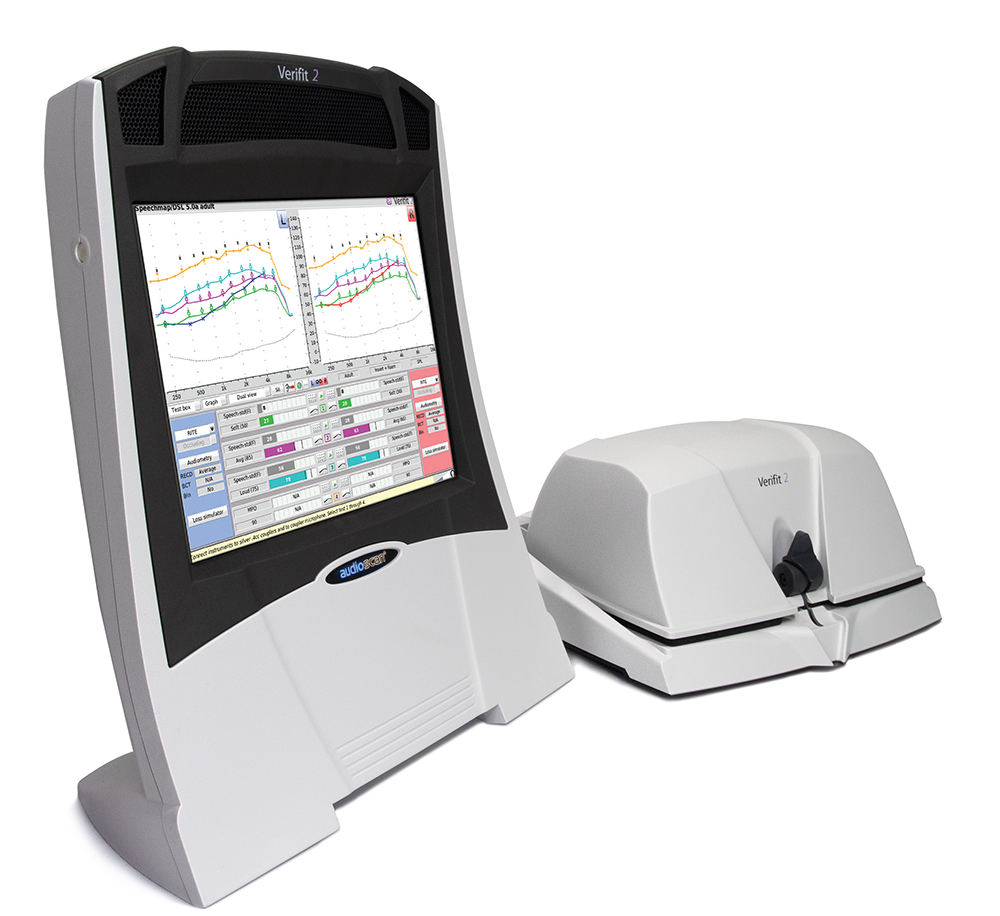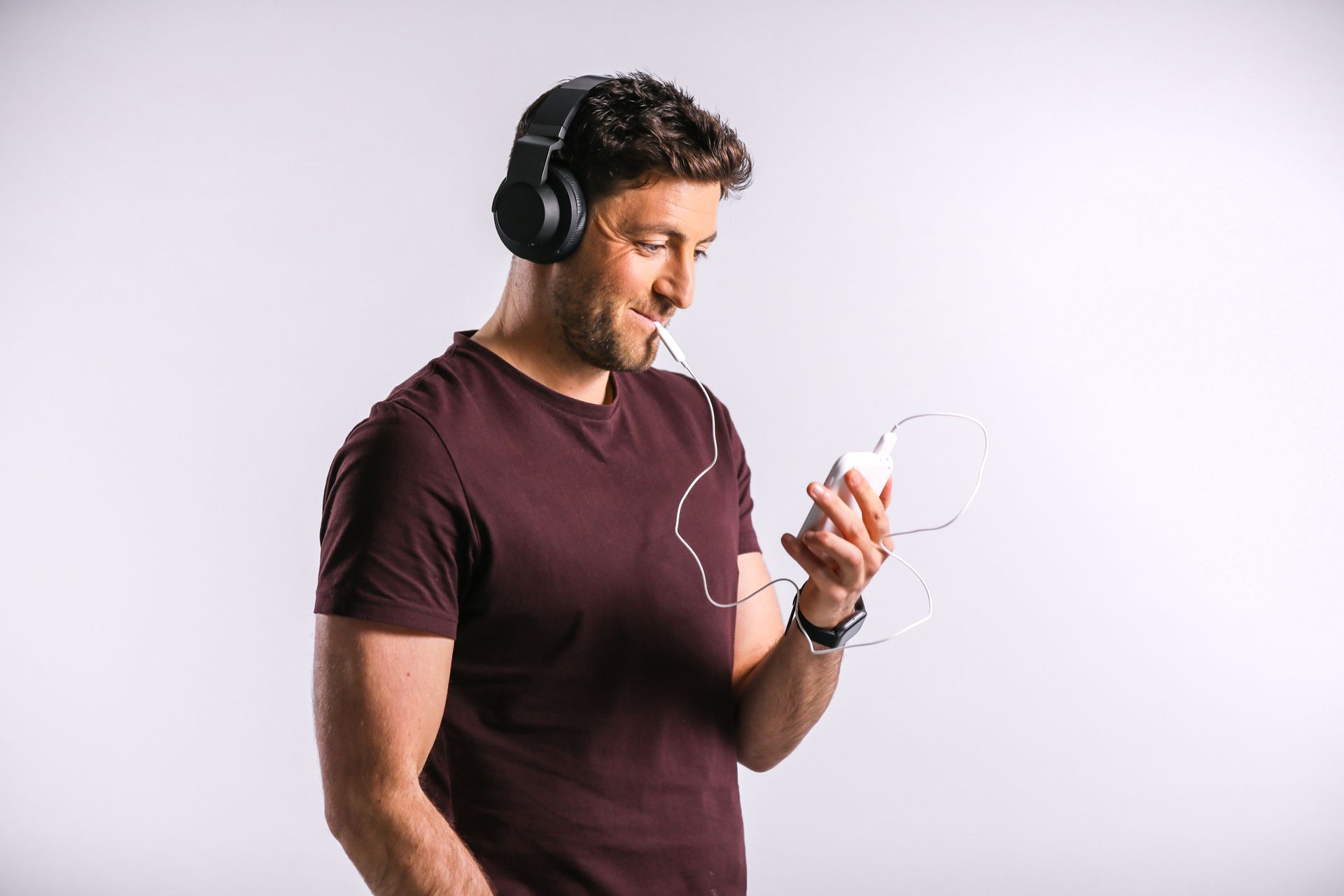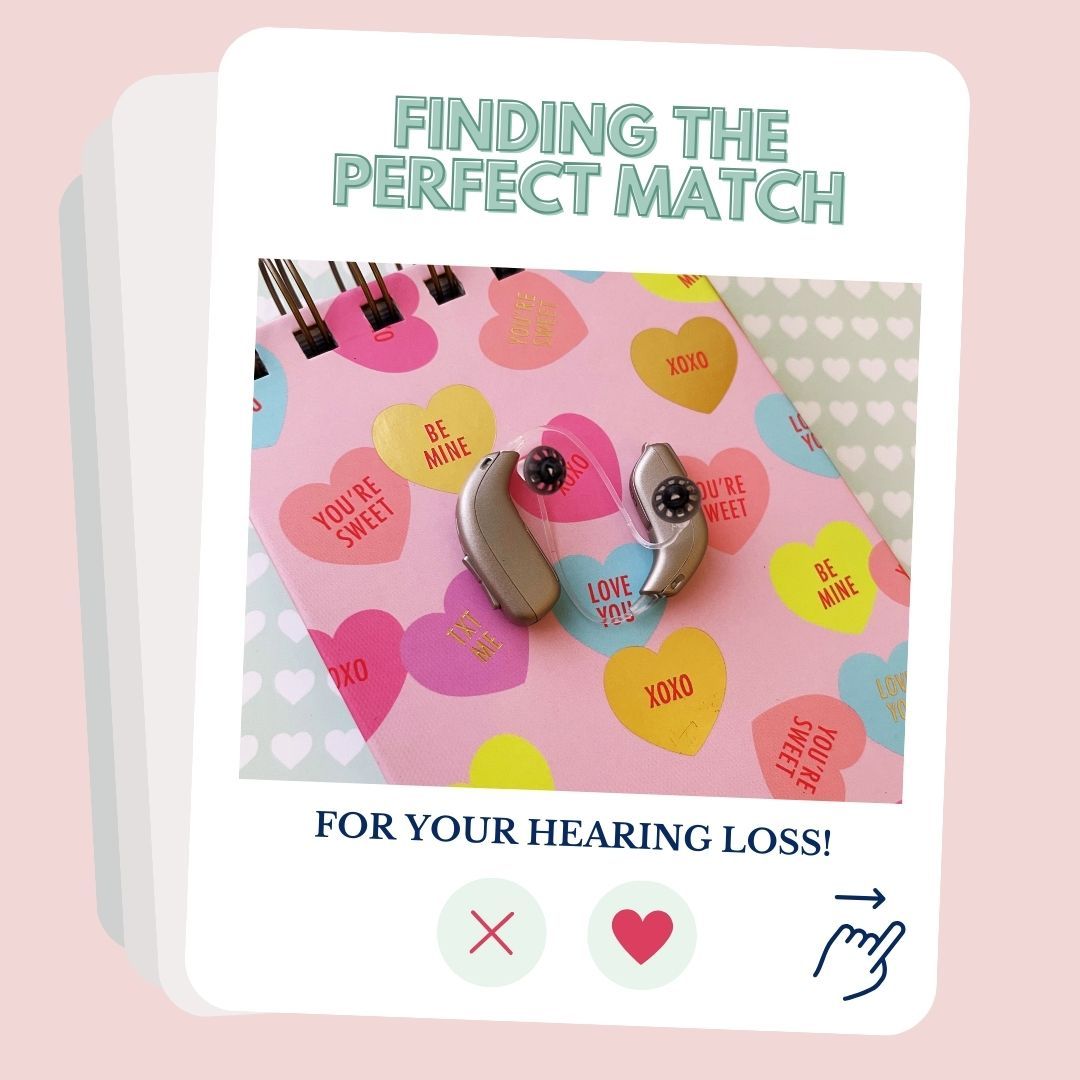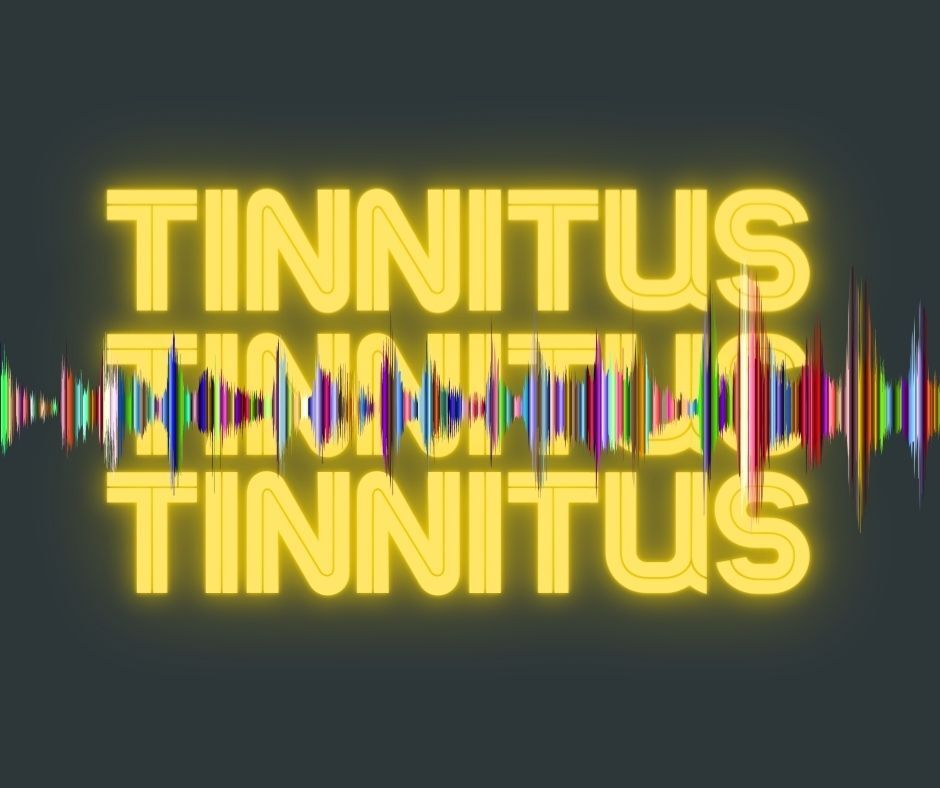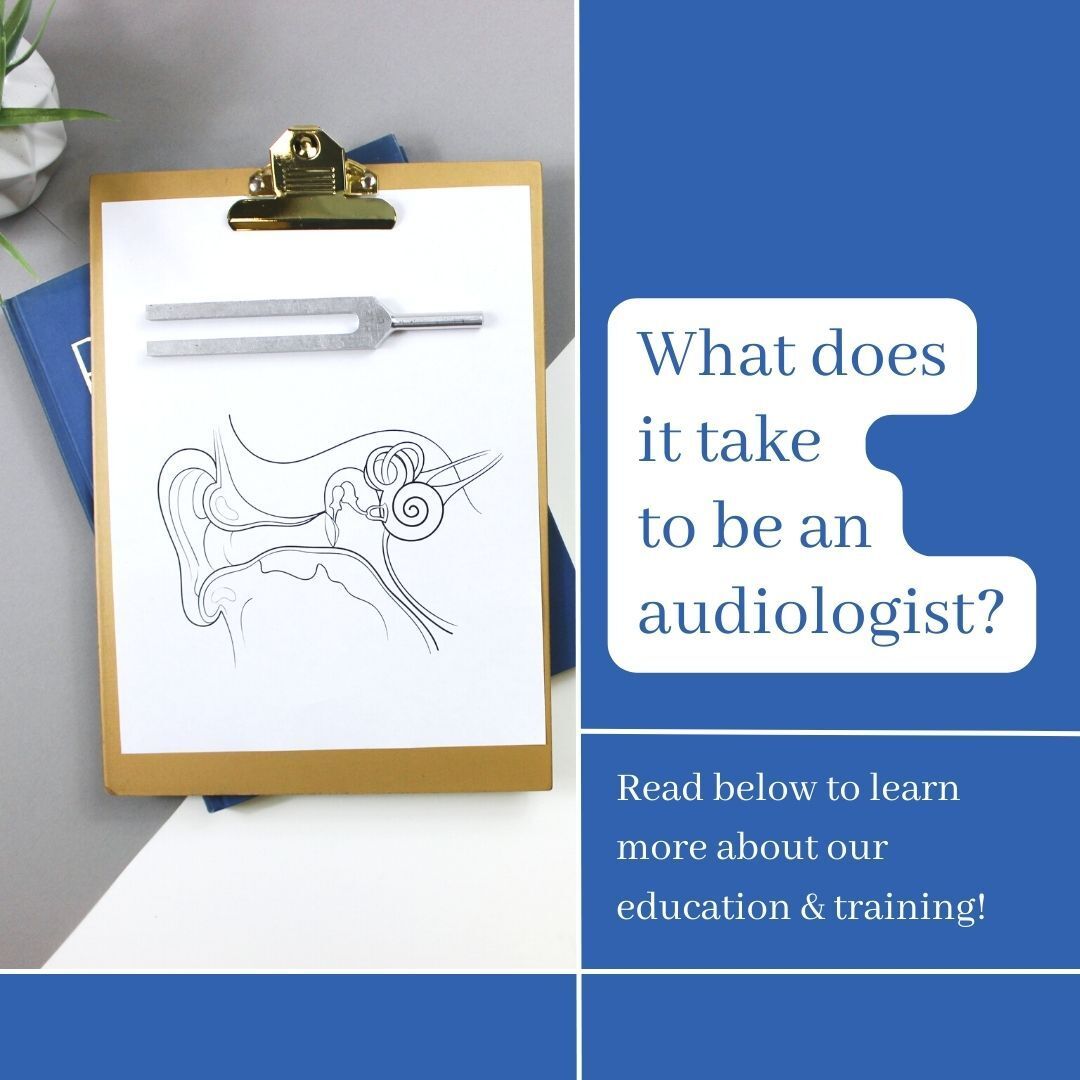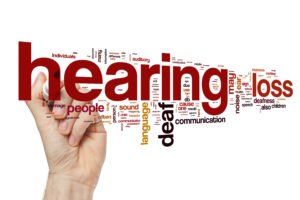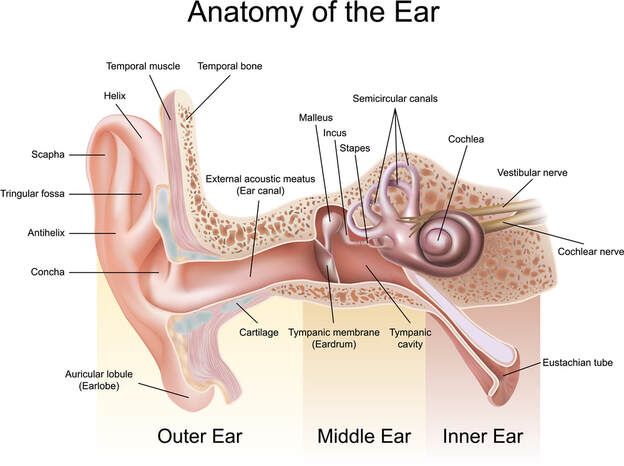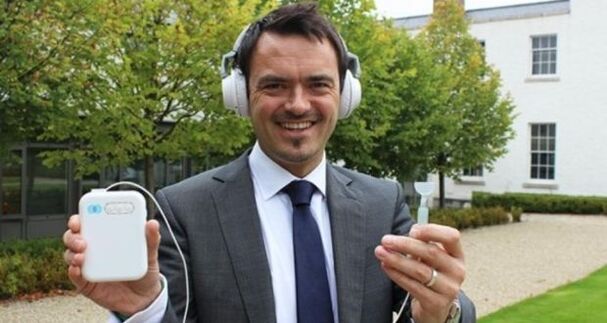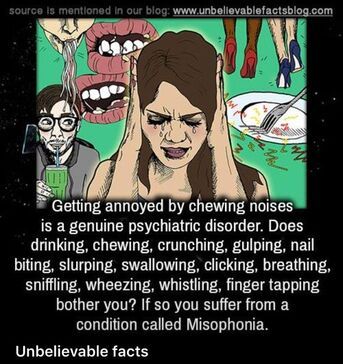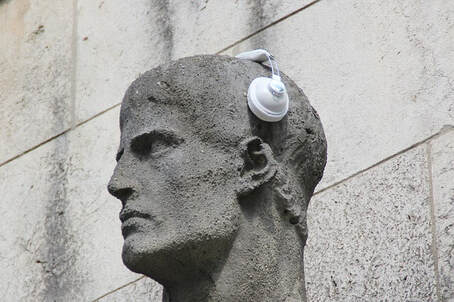BLOG
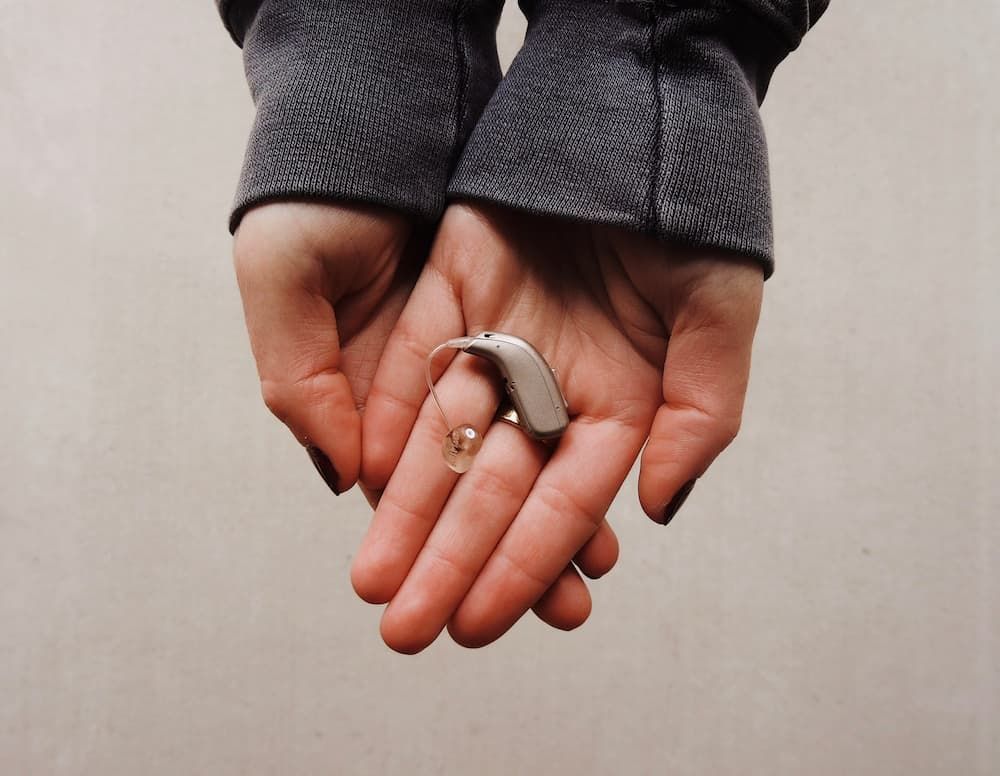
It's important for everyone to be able to hear the world around them. However, the reality is that around 15% of American adults over the age of 18 have trouble hearing. This can be extremely frustrating, and cause a person to miss out on important things every day. Hearing aids are a fantastic solution to this common challenge, and Oticon stands out as a leader in innovative hearing technology. Let's explore the world of Oticon Hearing Aids, uncovering their remarkable benefits and how they work to not just improve hearing and ease tinnitus, but to truly elevate your quality of life. The Importance of Hearing Aids in Modern Life Hearing aids are essential for those with hearing loss. In addition to helping communication and social engagement, they also offer enhanced safety, reduced cognitive strain, and provide a greater sense of connection with the world. Many people don't realize the potential dangers of even slight hearing loss. It can be difficult to hear things such as fire alarms, traffic noise, or sirens. Those who use hearing aids experience clearer communication in both quiet and noisy settings, and they help individuals stay engaged with others while reducing the social isolation that often comes along with hearing loss. Overall, hearing aids allow people to more fully participate in daily life. Overview of Oticon Hearing Aids Oticon Hearing Aids digitally process sounds to make it easier for the wearer to hear. By supporting the brain's natural sound processing, the hearing aids offer solutions for a variety of hearing loss levels from mild to profound as well as single-sided deafness. BrainHearing Technology is based on the brain's hearing process. It is important to understand that with normal hearing, sound waves enter the ear, where they are translated into neural signals that are sent to the brain and processed as sound. With hearing loss, however, the sounds are jumbled from the start, and it is difficult for the brain to make sense of them. Oticon Hearing Aids go a long way in helping by assisting wearers in focusing and zooming in on sounds they are trying to hear. Key Features of Oticon Hearing MoreSound Intelligence (MSI) 3.0 is a groundbreaking technology that makes it easier for users to enjoy, follow and engage in conversations. It comprehensively scans and precisely analyzes the sound scene. Then it organizes the sounds around the user and utilizes the brand new on-board Deep Neural Network 2.0 to process and create contrast among the identified sounds. New MSI 3.0 brings users the full sound scene in much higher clarity and balance in any situation than ever before. And what’s more, thanks to the 4D sensors, it seamlessly adapts to the user’s specific listening needs delivering personalized support based on the situation and the user’s intention, for significantly improved speech comprehension. What truly sets these hearing aids apart is their sophisticated sensor technology. Imagine being in a crowded restaurant – these devices can intelligently analyze the environment, identify speech, and reduce distracting background noise in real-time. This means you can actively participate in conversations, even in challenging acoustic situations, without the strain and frustration you might have experienced before. This ability to adapt to your surroundings and prioritize clarity is a game-changer, making social gatherings and everyday interactions enjoyable again. Models and Their Unique Benefits The Newer Oticon Intent Experience sound the way it was meant to be heard with the Oticon Intent. Designed with cutting-edge technology, the Intent focuses on providing a rich and natural sound experience, allowing you to effortlessly engage in conversations and connect with your surroundings. Oticon Custom Own & Custom Own SI’s For a discreet and personalized hearing solution, the Oticon Custom Own and Custom Own SI's are tailored to fit the unique contours of your ear. These in-the-ear hearing aids offer exceptional comfort and a natural listening experience without compromising on Oticon's advanced sound processing. Tinnitus Relief Through Oticon Hearing Aids Through Tinnitus SoundSupport, a sound generator integrated into Oticon Hearing Aids, wearers experience tinnitus relief through the integration of various sounds into the hearing aids that help distract or mask the tinnitus. There are options for natural sounds, broadband noise, and customizable settings. Various sounds are available, including natural sounds like ocean waves, steady white noise, and broadband noise. Contact Tinnitus & Hearing Center of Arizona Don't let hearing loss hold you back from anything that life has to offer. At Tinnitus & Hearing Center of Arizona, we have decades of experience providing the best treatment available with advanced technology that focuses on your hearing loss and brain function. Hearing better means living better! Discover how Oticon and the Tinnitus & Hearing Center of Arizona are transforming lives by improving hearing, providing tinnitus relief, and enhancing quality of life. It's time to hear the world clearly again! Contact us today to get started on the path to better hearing. Image Source: Noelle12 /Shutterstock

As the holidays approach, many of us are gearing up to gather with family and friends for festive meals and celebrations. Cooking, especially during this time, is a multi-sensory experience. From the sizzle of meat on the grill to the bubbling of gravy on the stove to the ding of an egg timer, hearing well in the kitchen is a vital part of the cooking process.
Read more about Severe Tinnitus
Mental Health & Hearing Loss: How to Help
If you experience ringing or buzzing in one or both ears, you may have tinnitus. In my other article, I discuss the different causes and treatment for tinnitus. The purpose of this article is to investigate research that links COVID-19 to tinnitus.
Your hearing is one of your most valuable assets. It connects you to your friends, family, and the world around you. What you may not realize, however, is the degree to which hearing takes place in your brain, not in your ears! In fact, because your brain is different from everyone else’s, you hear differently from other people around you. Our 5-star-rated hearing specialists in Tempe, AZ are happy to discuss the fascinating ways that your brain helps you to hear…and the ways that BrainHearing™ technology has brought hearing aid treatment to an entirely new level.
Ringing in your ears or Tinnitus (pronounced tin-NY-tus) is an annoyance at best. When it continues as a chronic problem, it can also disrupt your life in more ways than one. Whether you suffer from unwanted sound in your ears on rare occasions or as part of an ongoing battle, our Tempe, AZ ear doctor offers cutting-edge treatment to help quiet the ringing in your ears.
If you have been considering hearing rehabilitation for yourself but dislike the appearance of hearing aids, then we have great news for you! Thanks to the incredible advancements in hearing-assistive technology today, hearing aids are now available that can improve your sound experience with true discretion. Keep reading to learn more about our invisible hearing aid devices in Tempe, AZ.
At Tinnitus & Hearing Center of Arizona, our experienced team for hearing loss in Tempe, AZ strives to be the most compassionate expert of hearing loss. That’s why we want to emphasize the importance of protecting your hearing from loud sounds so you can avoid the difficulties that accompany noise-induced hearing damage. By opting for earplugs during a loud concert or in a noisy work environment, or by keeping the volume low when you wear headphones, you help to ensure a lifetime of better hearing. Why does noise cause such damage to our ears, however?
According to our expert audiologist, recent studies on hearing aid use have made an astounding discovery. Although hearing loss treatment technology has improved significantly during the last decade, hearing instrument user satisfaction has not increased at the same rate. If you wear hearing aids or are thinking of pursuing hearing loss rehabilitation, this may be the most important article you read all year! Keep reading to learn how to ensure a 5-star hearing aid experience for yourself with real-ear hearing aid measurements in Tempe, AZ.
(480) 831-6159

There are several reasons for the differences in the findings of these studies. First and foremost, many of these studies that report a connection between depression and hearing loss are of the epidemiological sort. These cohort or cross-sectional studies are often tainted with bias on the part of the researchers and this will obviously affect the conclusions and makes the findings dubious.

The latest approach involves a more enhanced and precise version of the CRISPR-Cas9 gene-editing system. This system is better able to recognize a mutation which results in hearing loss that is progressive in an animal model called the "Beethoven mice." The tool provided researchers with a way to disable Tmc1 which is a hearing gene known as the defective-copy without affecting or disturbing the copy that is healthy.

Inside your ear, there are tiny hairs that send sound waves to your brain. If there is any damage to these hairs, they will never grow back. You might be doing something to your ear that damages it so you need to find out immediately. Did you know that normal drugs such as antibiotics or aspirin can actually cause hearing problems?
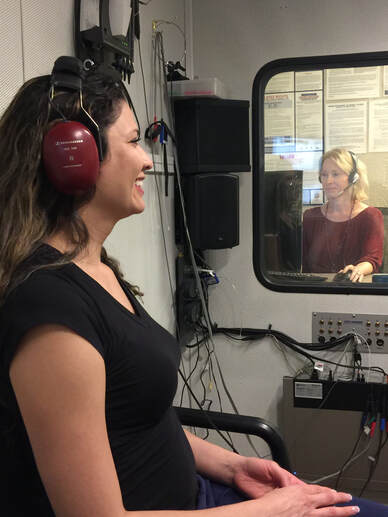
If you live in the metro area of Phoenix, hearing testing might come up when speaking to your doctor, and he/she may ask you to get your ears tested. This does not in any way mean that something is wrong. It is just that the doctor needs you to have a hearing test to make sure that your ears are working as they should.

Certainly hearing aids are the easiest remedy for those who suffer from loss of hearing, but sometimes cost can prohibit the purchase. Lipreading is an important skill for many people who have hearing loss. They are able to recognize the lip shapes, gestures and facial movements of someone when they speak. This helps them to communicate well. Next time you speak with someone with the loss of hearing, assist them to lipread the speaker in a variety of ways.

Presbycusis or age-related hearing loss is common in elderly people that occur because of natural neurodegenerative processes. It affects the cochlear receptor cells and brain circuits that are involved in auditory perception. Clinically, older people may have high-frequency hearing loss on both sides and reduced ability to understand speech. Using a hearing aid is the best way to deal with hearing loss at old age. However, you may wonder, if the ability to differentiate different notation of music changes too. Can you enjoy music at old age?

During a live performance, you are surrounded by a myriad of sounds in various frequencies like the PA system, the amplifiers, sound from different instruments and of course the crowd singing along with you. The challenge is to be able to listen to your own instrument or voice in the midst of the cacophony

Tinnitus is when you hear noises that are not caused by an outside source. There may be a constant or intermittent ringing, buzzing, throbbing sound in one or both ears or in the head. Clearly, this is a very annoying condition. It can occur due to many reasons including exposure to loud noise or an ear infection.

‘Airplane Ear’ is very common. It is usually quite moderate and fixes itself in many cases. However, it may turn severe and the pain may get worse. The pressure in the ears may resemble that of an underwater diver. Furthermore, you may experience moderate to severe hearing loss, ringing in your ear (tinnitus) or spinning sensation (vertigo). The ears may also bleed in extreme cases.
Our patient, Lt. Colonel Ralph "Slick" Aguirre, USAF (Retired) started his career in aviation flying Huey helicopters in Vietnam at the age of eighteen. He went on to fly F-15 fighter jets in the US Air Force. From there he transitioned into a civilian career in aviation flying for Southwest Airlines. The years he spent in aviation started to seriously affect his ears. The situation reached the point where he grounded himself from flying any longer, for fear it was no longer possible without causing further damage to his ears. Slick arrived at our clinic looking for any possible help. We're happy to report that we have Slick flying again and he couldn't be happier. Slick graciously offered Dr. Rohe the opportunity of a lifetime to fly in this plane as a way of saying thanks for treating his tinnitus and keeping him up in the air. He recently told Dr. Rohe that all the time he spent flying was the equivalent of three full years in the air. That is quite an accomplishment.

Hearing is one of the five senses, as we all know. A newborn is usually tested for hearing to determine if there is any permanent hearing loss at birth. Those with normal hearing are re-examined again at school at some point. There is no regular hearing test requirements carried out after school, which means, unless someone identifies any symptom, hearing loss is not diagnosed until symptoms are noticeable.

You might be suffering from hyperacusis if: • You feel sudden discomfort hearing a sound that would be otherwise perceived as normal. So, the everyday sound seems much louder. • You will have an increased sensitivity to sounds, for example, a dog barking, vacuum cleaner or a car engine. • You feel pain and distressed as a result of a normal sound. • The general well being and productivity is affected due to different sounds.

